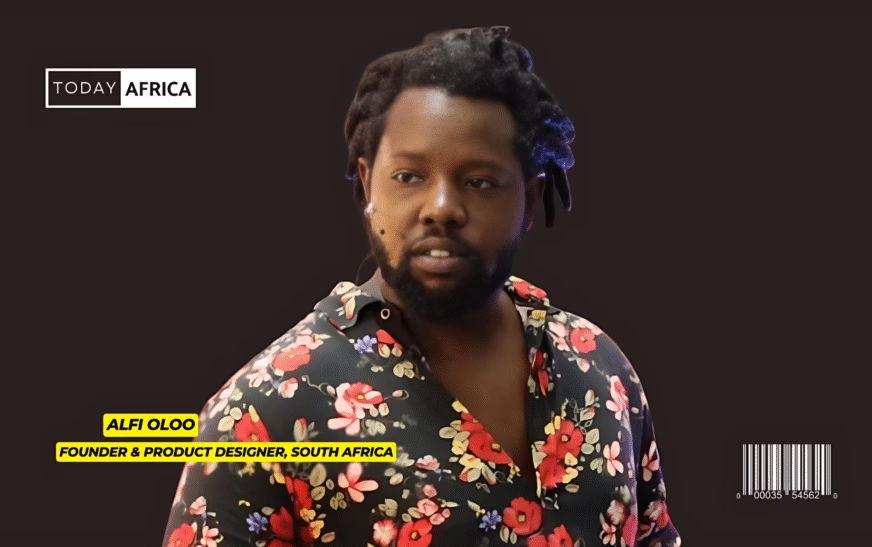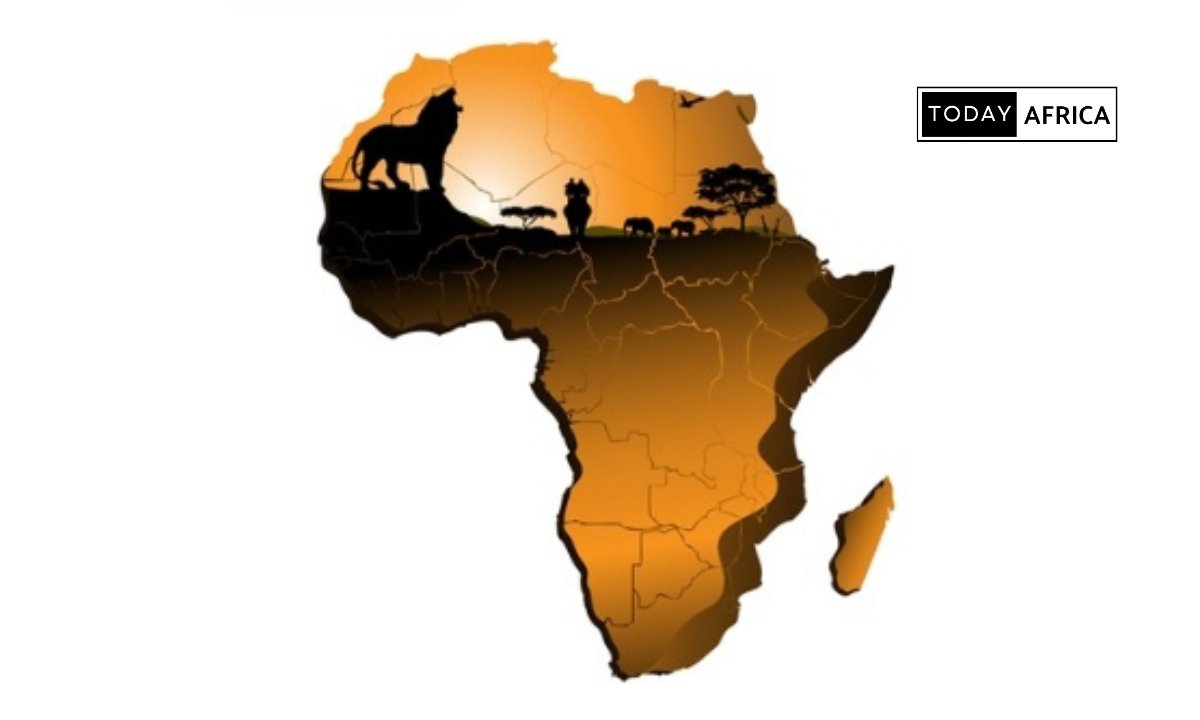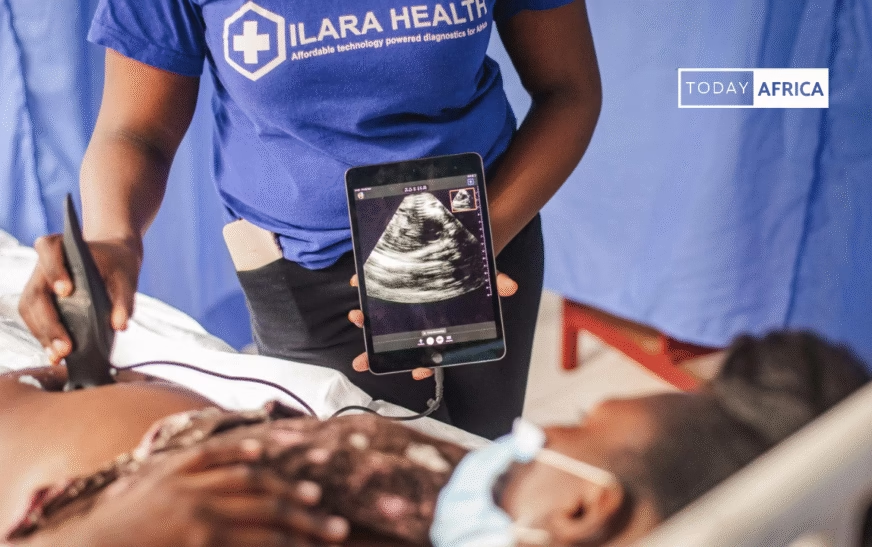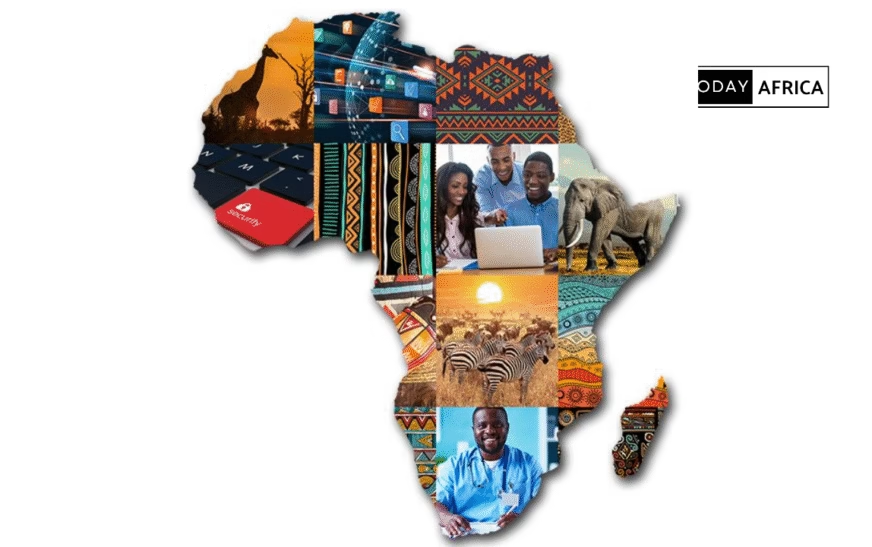What if the very thing that once made you feel like a failure became the spark that changed your future?
That’s the story of Alfi Oloo, a product designer who struggled in university, battled dyslexia, and questioned whether he would ever find his place in the professional world.
Today, Alfi is not only a product designer at Yoco but also the founder of The Ordinary Group, a mentorship-driven movement with a bold mission: to impact 500 million careers in Africa by 2035.
In this conversation, Alfi Oloo shared how two mentors stepped in at a critical moment, reshaping the direction of his career and fueling his belief that guidance, mentorship, and opportunity are the missing links in Africa’s education system.
Tell us more about yourself
When Alfi Oloo introduces himself, he doesn’t begin with one role—he begins with two.
On one side, he works as a product designer at Yoco, a payments company shaping the small handheld card machines and countertop devices that keep businesses running smoothly.
“This keeps me on the cutting edge of design and sort of what’s going on in the industry,” he says.
On the other side, Oloo is the founder of the Ordinary Group, a venture he calls “if not my life’s work, at least the focus of the next decade.”
The organization’s mission is to revive education through mentorship as its primary mode of learning.
The two pursuits run in parallel. Design sharpens his skills at the edge of technology, while the Ordinary Group roots him in his broader purpose—reshaping how Africans learn and grow.
Born in South Africa to a Kenyan family, Oloo has always carried a layered identity. His eldest brother was born in Kenya, the second in Lesotho, and he became the first to arrive in South Africa.
“So on the one hand being a South African and on the other hand being a Kenyan, but on the whole being an African. I think that’s really the identity that has really stuck with me,” he explains.
His work, he says, is filtered through that lens: an African perspective on challenges, but also on opportunities that can propel the continent forward.
Tell us more about The Ordinary Group
Oloo’s journey toward founding the Ordinary Group began with struggle.
“Growing up, I struggled quite a lot at school,” he says.
He is dyslexic, and while primary and high school went relatively smoothly, university nearly broke him. “I probably was never gonna graduate,” he admits.
The turning point came during a month of unpaid job shadowing at Absa Bank. Every day, he took the train from Pretoria to Johannesburg on his own dime. What he discovered there reshaped his future.
He watched software designers at work, a discipline slightly outside his training as a software engineer.
For the first time, he realized he could merge his lifelong love of gaming, visuals, and creativity with professional design.
Two people at Absa, Ronnie and Daniela, changed everything.
Ronnie—now the head of design at Nedbank—became an “accidental mentor,” simply by sharing his hourly rate. “It made me realize the starving artist idea wasn’t true,” Oloo says.
Daniela, then a junior designer, showed him a different path: build a portfolio, even without a degree. “You may not start at the top company, but you can work your way up,” she told him.
From that moment, Oloo shifted gears. He stopped attending lectures and focused on freelance projects, slowly building a body of work.
By year’s end, he was applying for jobs—50 applications, one interview, and finally his first role. “It exemplifies the opportunity when a mentor finds a person who just needs a little bit of support and guidance,” he reflects.
That revelation is now the backbone of the Ordinary Group: making mentorship an infrastructure in education.
Its “mentor accelerator” program trains professionals to guide others, acknowledging that doing a job well doesn’t always translate into teaching it. B
eyond that, the group builds partnerships with universities and other learning environments, integrating mentors into real-world projects rather than rewriting curricula.
The scale of ambition is enormous. “The objective we’re targeting is 500 million careers impacted by 2035,” Oloo says matter-of-factly. “It’s audacious. But scale is the only way this works.”
Read Also: Why Dr. Gozie Ezeh Started ‘SweetMom’ to Support First-time Mothers in Nigeria
What was the moment you realized that you wanted to stop designing interfaces and start designing impacts?
That realization, Oloo says, came even before he discovered design. At the University of Pretoria, he joined Enactus, a student organization that helps entrepreneurs launch small, impactful businesses.
“It was shocking to me,” he recalls. “A group of students who know very little about the realities of rent or bills can still have such a big impact on someone’s livelihood.”
That exposure planted a seed. Long before his first design job, Oloo knew he wanted to spend much of his life creating both social impact and economic opportunity.
Design would eventually become the medium—but the mission was already there.
What experience early on showed you that traditional paths might leave creativity behind?
Oloo’s critique of education is sharp, but nuanced.
He acknowledges that education has two schools of thought: one utilitarian, focused on producing professionals; the other, closer to the humanities, where knowledge is pursued for its own sake.
“The traditional path into the professional space is broken,” he says, “but not necessarily education as a whole.”
The first time he realized this was during his job shadowing at Absa. At university, he felt like a failure, convinced he was falling behind.
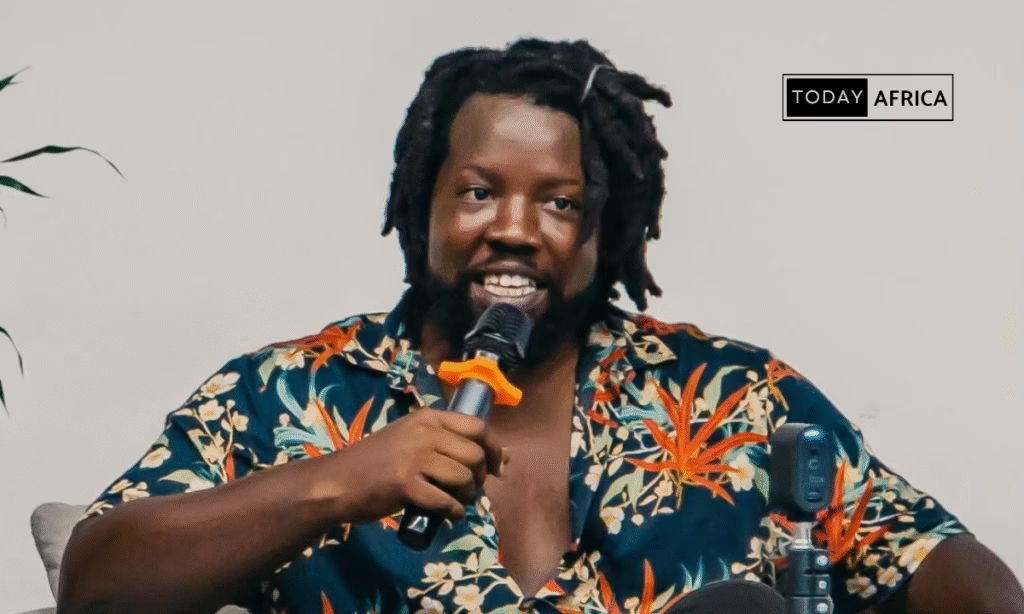
But in the real-world workplace, he recognized he already had the skills needed to succeed.
“It was clear I already had the pieces to make something of myself,” he recalls.
That moment crystallized for him a truth: many others, like him, simply needed a path outside the rigid lines of traditional academia.
How do you balance system-driven consistency with space for creative expression?
“For a long time, I thought creativity meant no boundaries,” Oloo says. But experience taught him the opposite. “Creativity is harder the more freedom you have. It thrives in constraint.”
He explains it with an artist’s metaphor: the hardest part of any painting is the first brushstroke. Too much possibility paralyzes. “For you to think outside the box, the box needs to be relatively clear and defined.”
His own career proves the point. He only found an alternative route because he understood the existing systems of university education—even if he wasn’t excelling in them.
Knowing the rules gave him the clarity to break them. “Creativity and systems complement one another,” he says. “The key is knowing when to step outside the boundaries.”
See Also: Nonhlanhla Shembe on Why “Visibility is Currency” for Small Businesses
What’s one product you designed that people use daily, and why is the design so powerful?
The most visible answer is the Yoco card machine, used daily in restaurants, shops, and small businesses across South Africa. What fascinates Oloo is that its success lies in invisibility.
“When you’re creating a payment experience, the aim is to be out of the way,” he says.
The device must be so smooth that neither customer nor business owner lingers on it—yet it handles hundreds of interactions daily. “You have to optimize every stage,” he explains.
But he offers a second answer: himself. “I would say the one thing I’ve designed that people use every day is me,” he says with a laugh, though not entirely joking.
He has deliberately shaped his communication style through constant practice, wide reading—from fiction to philosophy—and storytelling.
“It’s easy to think some people are just good at public speaking, but a lot of it is intentional,” he says. Designing himself, as much as designing machines, is part of his craft.
What’s the first mindset shift you try to unlock in people when they sign up for your mentorship?
“The first, and maybe most important, is that your mentor is not there to solve problems for you,” Oloo insists.
A mentor is closer to a therapist: their role is to equip others with tools to solve their own challenges. “A good mentor is trying to make you not need them.”
The second shift comes through what he calls the “North Star exercise,” where mentees articulate their ideal future. Without a goal, motivation falters.
“So often, I asked myself, where do people get motivation from?” he recalls of his own education struggles.
Years later, studying psychology, he discovered the science: dopamine doesn’t reward the achievement of goals, but the progress toward them.
“That’s why it’s important to have a clear goal,” he says. “So every step forward, no matter how small, fuels your motivation.”
For Oloo, mentorship is not about giving answers but about helping people find their compass—and the drive to keep moving toward it.
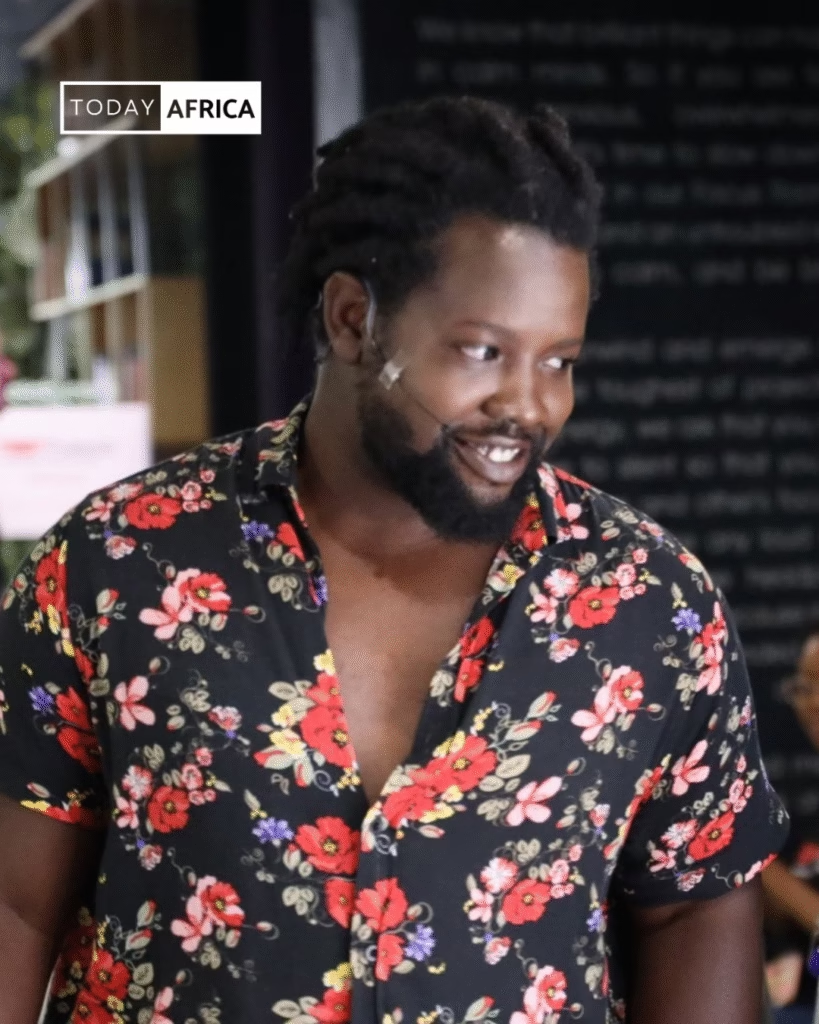
What would be the climax or turning point if your journey is a narrative arc?
For Alfi Oloo, the story hasn’t reached its full climax yet. “Part of me wants to say that the climax is still coming,” he admits.
But if he were to pinpoint one pivotal moment, it was the day he walked away from his steady job at IoT Next to launch what was then called Campfire—now the Ordinary Group.
“That was really where I started to see what my life could look like in the long term,” he reflects.
It was the first time since dropping out of university that he had to bet entirely on himself, to take a leap of faith that most would have called risky.
For nearly a year and a half, he ran the business alone, full time. “It was a harrowing experience,” he says plainly. Entrepreneurship revealed to him not just his limits, but also a new, harder-edged resilience.
He learned to stretch money, budget more carefully, sell effectively, and even to pause when the weight became too much—sometimes taking a job to rebuild savings before returning to his vision.
That decision, he believes, “changed me again for the better.” It set him on a path that he is convinced will not only transform his own life but also the lives of the people his work touches.
See Also: Hortense Mbea: Building Afropian to Celebrate African Heritage Through Fashion
What advice would you give to someone who wants to become a product designer?
Oloo hesitates before answering, not because he lacks perspective but because the question demands nuance.
“If we rewind the clock maybe four or five years, I would be able to answer that question off the top of my head,” he says. Now, after years of mentoring others, he recognizes that people learn differently.
“There are essentially two schools of advice,” he explains.
On one side are the self-driven learners—those who, like him, thrive by figuring things out on their own. For them, the prescription is straightforward: skip the degrees, skip the online courses, and start doing.
“There are a whole bunch of YouTube videos that give you the fundamentals and the advanced aspects of how to use Figma,” he says. Build real projects, even unpaid ones, and craft a portfolio.
“A portfolio is essentially the currency when it comes to finding positions as designers.”
For this group, he also stresses the value of joining local design communities—coffee chats, AMAs, meetups—because those networks open doors.
On the other side are learners who need structure. For them, he suggests practice-focused colleges, places that value projects over tests.
He points to South Africa’s Open Window as an example. Boot camps, too, can bridge the gap between theory-heavy degrees and self-learning.
Ultimately, the path depends on personality. “Be honest with the type of person you are,” he advises, “and build based on that.”
Tell us the time you experienced failure and how that experience shaped your work for the better
“Failure has riddled my story from the beginning,” Oloo admits, recalling his struggles in college. But the most piercing failure came after his leap into entrepreneurship.
For eighteen months he fought to make his business work—landing clients, completing projects—but eventually he had to face reality.
“It became very clear that I couldn’t do everything alone,” he says.
The money wasn’t enough, the pipeline too thin, and the dream too heavy to carry solo.
The hardest part was admitting it. “The grand vision that I had was not going to be a fairy tale,” he says. Returning to a job felt like swallowing pride.
He remembers the self-doubt vividly: Was the idea really good enough? Was he the right kind of person to execute it?
Ironically, when he first quit, he reassured himself: I can always go back and get a job. He knew intellectually that most startups fail early.
But knowing it and living it were two very different things. “When I actually got to the stage of realizing maybe this is not working, it is still so difficult to come to terms with it.”
That season left him with one conviction: no one should build a business alone. “There are very few businesses that should be run by one person, like vanishingly few,” he says. The stress is too much, the blind spots too wide.
“If you really believe the project is as important and innovative as you say,” he insists, “you should be able to convince other people to do it with you.”
Read Also: How Amina Asu-Beks is Changing the Way Nigerians Shop
What is one thing you keep learning every day, even as a mentor?
If there’s one lesson Oloo says never stops surprising him, it’s that “people learn differently.” What works for one mentee may completely fail for another.
He’s learned to abandon one-size-fits-all approaches, experimenting with methods that sometimes outperform the “tried and tested” ones. Each interaction underscores a larger truth:
“Every person has something to teach me,” he says.
Remaining a student, even as a mentor, is essential. “It is important to consistently have the mindset of a student for you to be able to learn from those people.”
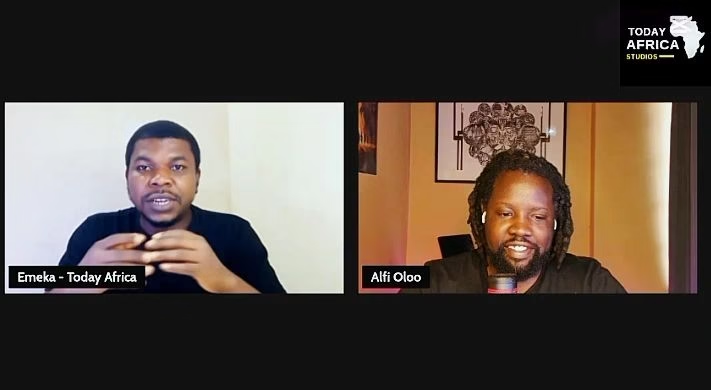
What are the trends shaping your industry in Africa?
Oloo straddles two industries—fintech and education—and sees seismic shifts in both.
On the fintech side, cryptocurrency may not yet be mainstream for consumers, but for organizations it is impossible to ignore. “From a strategic perspective, it is vital to start taking it very seriously,” he says.
With AI blurring the lines between real and generated content, blockchain’s role as an authenticity infrastructure becomes even more crucial.
Financial institutions, in particular, hold deep profiles of individuals. Oloo argues they must play a central role in both currency systems and identity verification in this new era.
In education, his focus is mentorship, but he believes AI is unlocking a revolution: adaptive curriculums.
For the first time, he says, “we could have a curriculum that adapts to the needs of the individual.”
Personalized learning, tailored to each student, could fundamentally transform how people learn across the continent.
What advice would you give to others who want to become product designers?
For Oloo, the advice extends beyond design—it’s about entrepreneurship itself. “We need more entrepreneurs,” he says bluntly.
The work is brutal. “It’ll humble you. It’ll be one of the most difficult things that you will do,” he cautions, comparing it only to the challenges of parenthood. But it’s indispensable.
“As much as governments will tell you that they are going to make jobs, every single job that exists comes from an entrepreneur,” he explains.
Government jobs are paid for with tax dollars, and tax dollars exist only because entrepreneurs create businesses, hire people, and generate salaries.
The message is urgent: “Africa just needs more entrepreneurs. We need more.”
Contact or follow Alfi Oloo:
Leave a comment and follow us on social media for more tips:
- Facebook: Today Africa
- Instagram: Today Africa
- Twitter: Today Africa
- LinkedIn: Today Africa
- YouTube: Today Africa Studio

